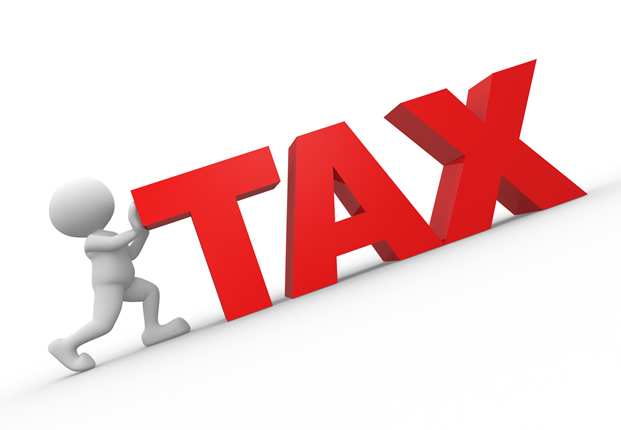ThinkBusiness Africa, a Nigerian intelligence firm, has vehemently opposed a proposed 1,200% increase in the sugar-sweetened beverage (SSB) tax in Nigeria, sparking a heated debate with health advocacy group, Corporate Accountability and Public Participation Africa (CAPPA). The proposed increase, which would raise the tax from N10 to N130 per litre, is the central point of contention. ThinkBusiness Africa argues that the increase is unjustified, lacks sufficient evidence, and poses significant economic risks to the beverage industry and the wider Nigerian economy. They criticize CAPPA’s reliance on what they perceive as outdated and selectively applied data, specifically questioning the link between rising obesity rates, primarily among urban women, and higher SSB consumption observed among adolescent males. The core of their argument revolves around the need for a comprehensive evaluation of the existing tax, implemented in 2022, before considering such a drastic increase.
ThinkBusiness Africa’s CEO, Ogho Okiti, questioned the rationale behind increasing a tax whose impact remains unevaluated, labeling it “fiscal adventurism.” He highlighted Nigeria’s relatively low per capita sugar consumption compared to other West African nations, further emphasizing the potential economic risks associated with the proposed tax hike. With beverage companies already facing a substantial tax burden of up to 45% from various levies, Okiti warned that the increased SSB tax could cripple small and medium-sized enterprises (SMEs), destabilize the sector, reduce competitiveness, and ultimately lead to job losses. He stresses that ThinkBusiness Africa is not against addressing public health issues but advocates for a more holistic approach. This includes enforcing existing regulations on labeling and trans fats, promoting nutritional education, encouraging physical activity, and curbing misleading advertising, alongside conducting a comprehensive national dietary intake study before implementing new tax policies.
Okiti refuted accusations of protecting corporate interests, emphasizing the organization’s commitment to sound policymaking based on robust data and alignment with national realities. He underscored the importance of balancing public health concerns with economic vulnerabilities, calling for a collaborative and context-specific approach involving government, civil society, academia, and the private sector. He emphasized the need for tailored strategies that address Nigeria’s specific context, recognizing that solutions effective in other countries may not be suitable for Nigeria.
CAPPA, however, maintains its position, arguing that the proposed tax hike is justified and necessary to curb SSB consumption and address the growing public health concerns related to sugary drinks. Abayomi Sarumi, CAPPA’s Associate Director and Healthy Food Policy Manager, while acknowledging the importance of critical discussion, dismissed ThinkBusiness Africa’s criticisms regarding data usage. CAPPA insists that their data is accurate and consistent with their previous reports, including a simulation study on the potential effects of an SSB tax and a report on the marketing of unhealthy food products in Nigeria. They deny any misrepresentation of research, clarifying the specific studies they referenced regarding obesity prevalence and SSB consumption patterns.
The disagreement centers on a specific citation related to obesity research. ThinkBusiness Africa accuses CAPPA of misrepresenting data by linking obesity in urban women to higher SSB consumption in young males, citing a supposed “Adetiloye et al.” study. CAPPA counters this, stating that the study in question is actually “Adeloye et al. (2021)” and that their findings regarding higher SSB consumption among young males are consistent with this research. Furthermore, CAPPA refutes the claim that they cited an “Adetiloye et al.” study at all, suggesting a misinterpretation of their referencing of “Adeloye et al. (2021).”
CAPPA argues that the current N10/litre tax is insufficient to influence consumer behavior and achieve meaningful reductions in SSB consumption. They emphasize the World Health Organization’s recommendation for effective health taxes to increase the retail price of SSBs by at least 20%, or even 50% as recommended by Bloomberg’s Taskforce on Fiscal Policy for Health. They see the proposed 1,200% increase as a necessary step towards achieving these targets and mitigating the health risks associated with excessive sugar intake. They further argue that ThinkBusiness Africa, while criticizing the proposed tax hike, inadvertently supports their stance by acknowledging the ineffectiveness of the current tax regime. This disagreement highlights the complex interplay between public health goals, economic considerations, and the interpretation of scientific data in policymaking.














